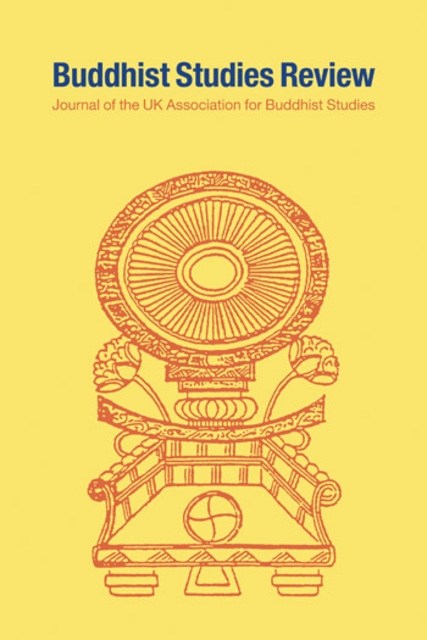Is the Buddhist Doctrine of Non-Self Conceptually Coherent?

Full description
Virtually all schools of Buddhism do not accept a permanent, substantial self, and see everything as non-self (anatta). In the first part of this article I recall some arguments traditionally given in support of this perspective. Descartes’ cogito argument contradicts this, by suggesting that we know infallibly that the self, understood as a substantial enduring entity, does exist. The German aphorist Lichtenberg has suggested that all Descartes could claim to have established was the impersonal ‘There is thinking’ (Es denkt), which would support the perspective of non-self. Bernard Williams has argued that Lichtenberg’s impersonal version of the cogito is conceptually incoherent, which would entail that the Buddhist perspective of non-self is also incoherent. I propose to defend the coherence of the Buddhist perspective of non-self against Williams’s argument.
- typeImage
- created on
- file formatjpeg
- file size82 KB
- container titleBuddhist Studies Review
- creatorPaul Bernier
- issn1747-9681 (online)
- issue28.2
- publisherEquinox Publishing Ltd.
- publisher placeSheffield, United Kingdom
- doi
We use cookies to analyze our traffic. Please decide if you are willing to accept cookies from our website. You can change this setting anytime in Privacy Settings.
